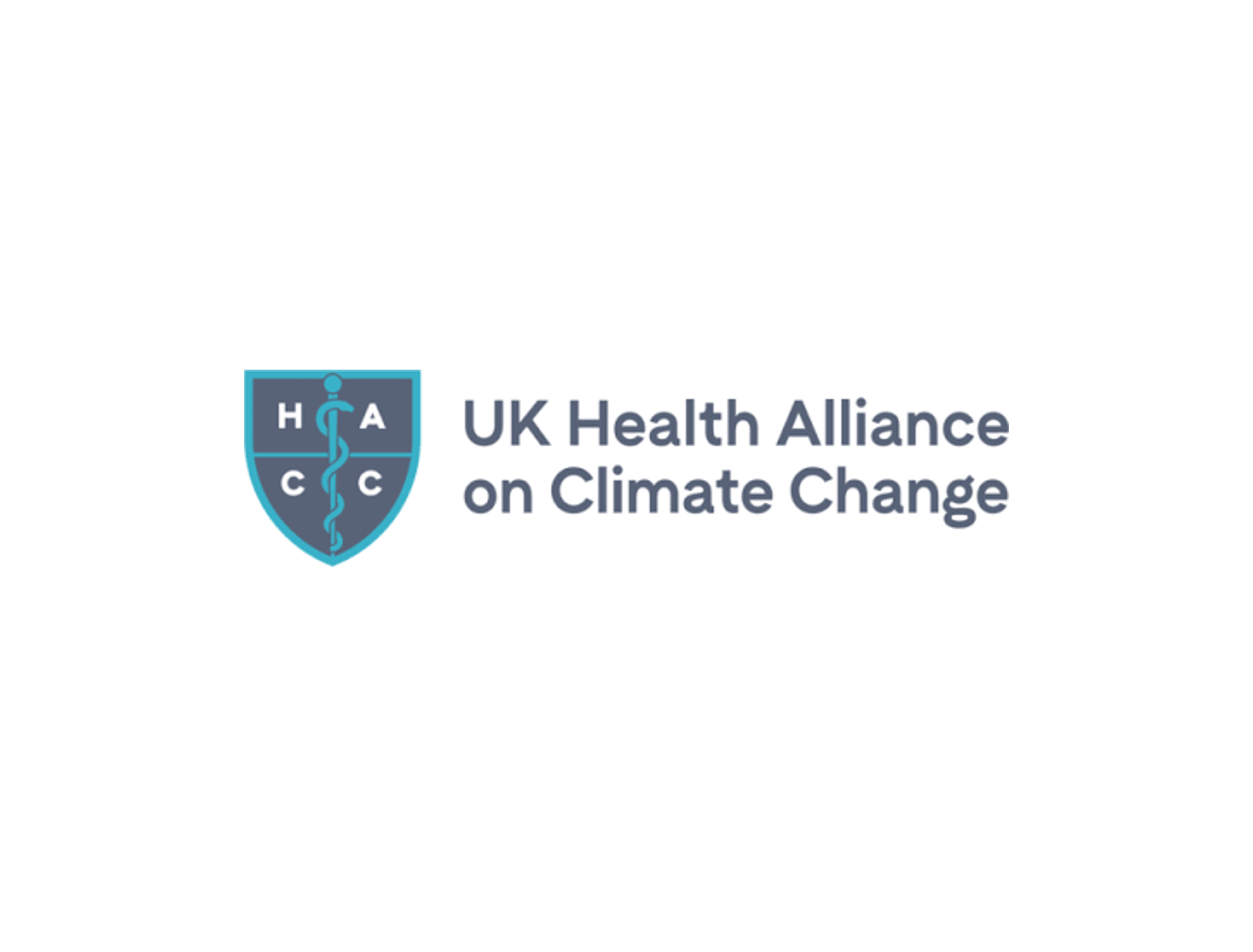
BSG's Climate & Health Scorecard Results
The Climate and Health Scorecard Initiative 2022-23 evaluates the climate action of health organisations across four domains: internal operations; finance; education and training; and advocacy. The results were divided into categories, in order to draw fair comparisons between organisations of a similar size and nature.
The initiative aims to encourage and support health organisations to take climate action by scoring them against a framework of achievable yet ambitious metrics. A range of experts contributed to the development of the questionnaire, including sustainability leads from Royal Colleges, environmental finance consultants, health educators, and Medact climate campaigners. 19 health organisations took part in the current round, almost doubling since the first round. Dr Eleanor Cooke, co-lead of the initiative, said: "Whilst the results show that there is still much work for health organisations to do in response to the climate and health emergency, it has been fantastic to see great progress made by organisations in this round.”
Examples of actions include the Royal College of Anaesthetists (RCoA) divesting entirely from fossil fuels and the Association of Clinical Psychologists (ACP) changing its bank to one that is more environmentally and socially responsible. In addition, new climate working groups have been set up, such as the Society of Acute Medicine’s ECOSAM, and there has been an increase in conferences, webinars, e-learning and podcasts on climate, nature and sustainability. RCPsych have developed a report and educational resources on delivering net zero mental health care. Many organisations are developing decarbonisation plans. The Royal College of Pathologists had completed impressive work on their award-winning environmentally efficient building which now has rooftop solar panels, rainwater collection and a green roof. The Royal College of Emergency Medicine was among organisations who had transitioned to meat-free catering, with the British Society of Gastroenterology, British Association of Critical Care Nurses and RPS serving at least one day of plant-based food for a day of their annual conferences. Many organisations had taken steps to reduce the environmental impact of their events and conferences. Perhaps most crucially, health organisations have been using their voice to call for policy and legislative change at local, national and international levels.
You can review all the results here, and view the BSG's results here.
If you would like to discuss this further, or get in touch with the BSG Sustainability Working Group, you can email [email protected].

BSG's Climate & Health Scorecard Results
This initiative evaluates the climate action of health organisations across four domains: internal operations; finance; education and training; and advocacy.

UK Health Alliance on Climate Change (UKHACC)
The BSG is one of more than 20 health organisations that have come together in the UK Health Alliance on Climate Change (UKHACC) to advocate for responses to climate change that protect and promote public health.